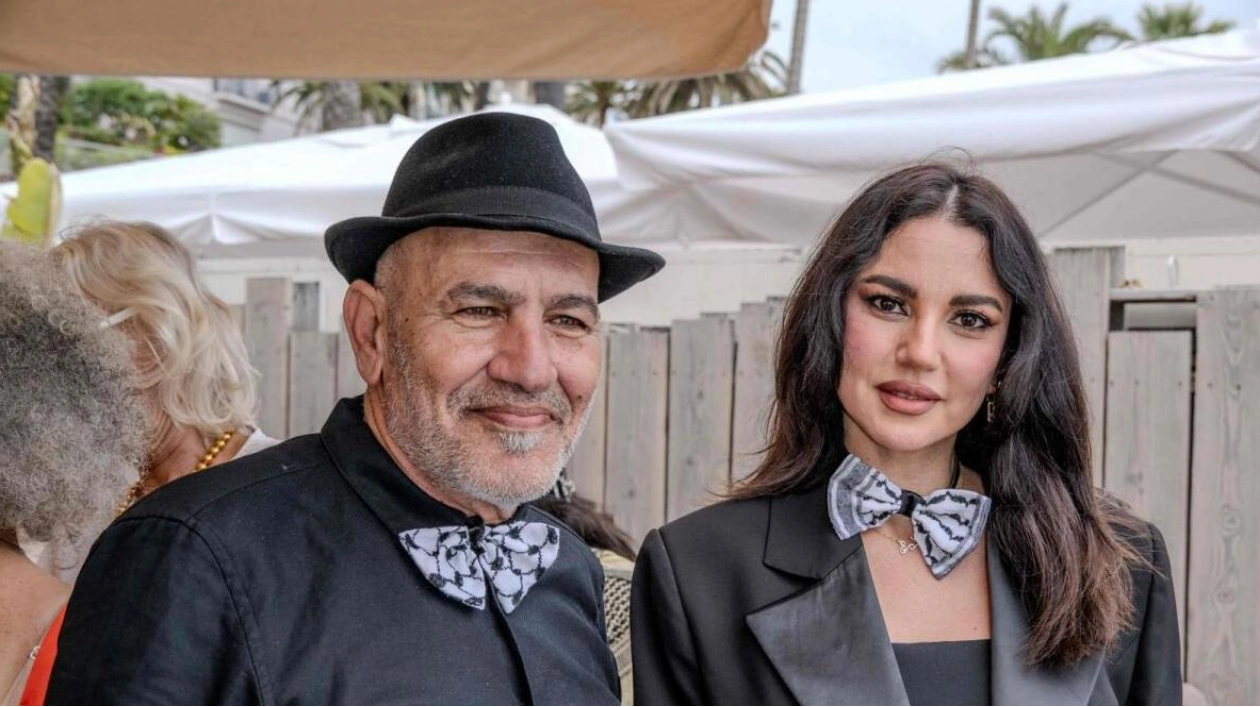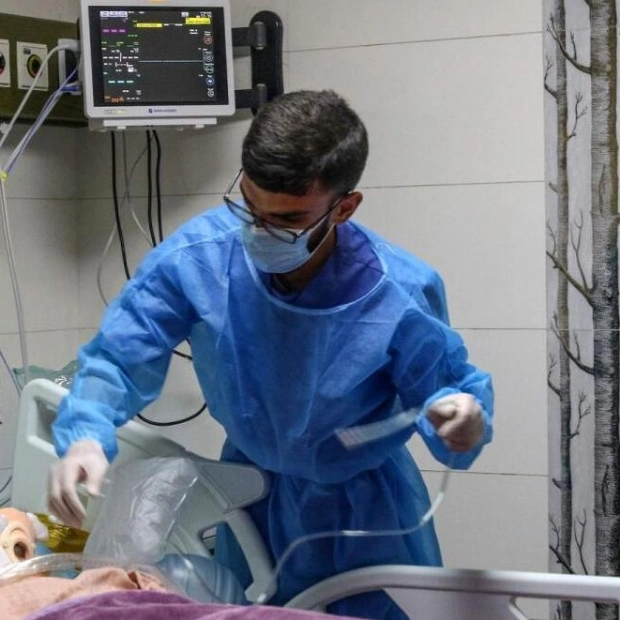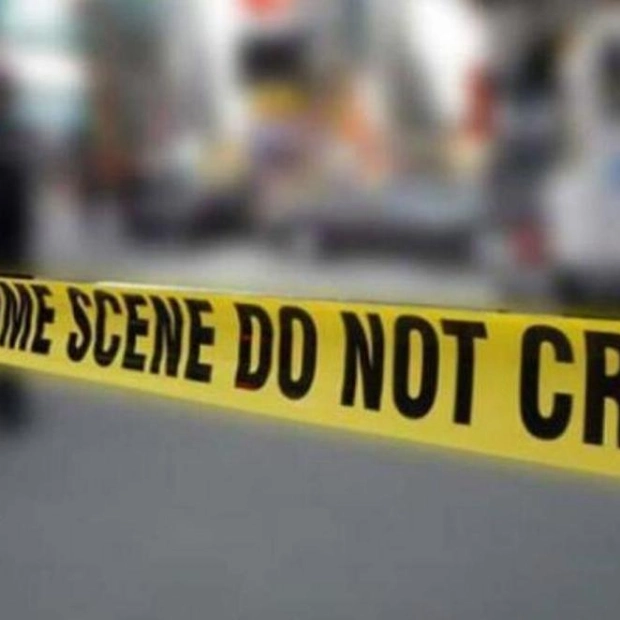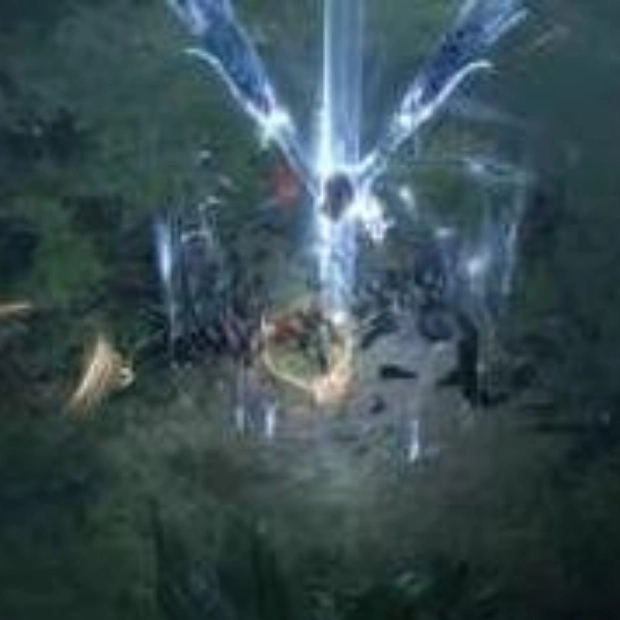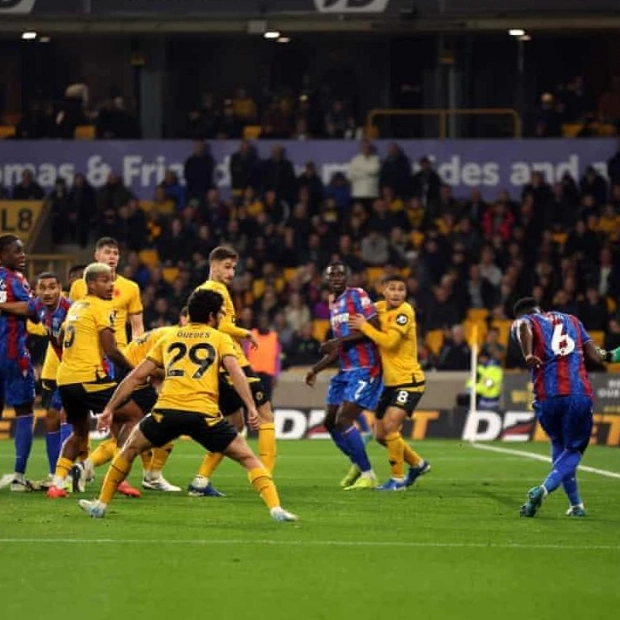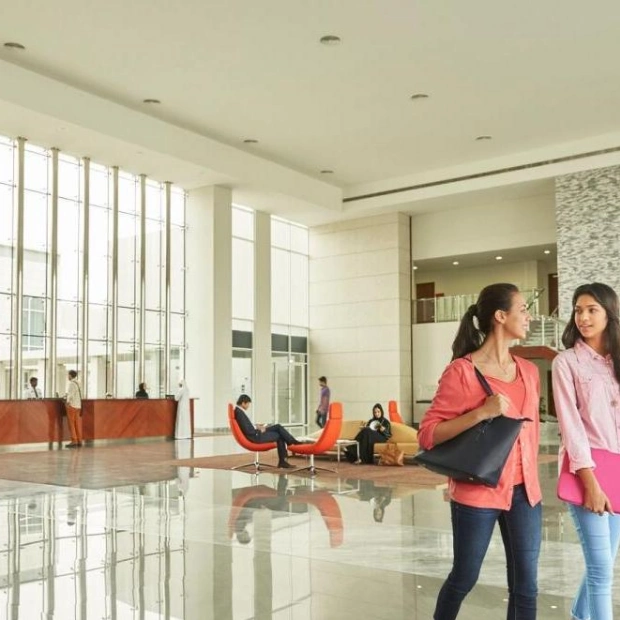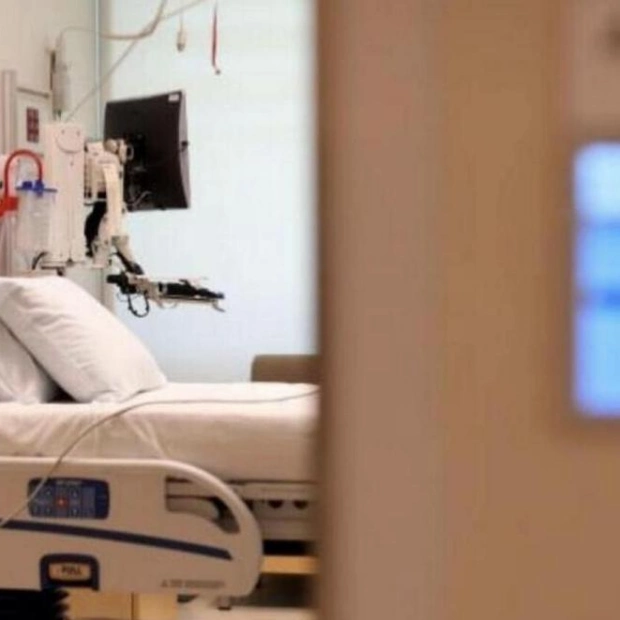Veteran Palestinian filmmaker Rashid Masharawi was outside Gaza when the war broke out last year. He then decided to pass on the camera to other filmmakers who were still in the besieged area. These filmmakers were the focus of Masharawi's project, which he presented at the Cannes Film Festival in France, over seven months after the conflict began.
Masharawi stated, "They were fighting to protect their lives, their families, to search for food, for wood to make a fire." The outcome is a series of short films titled Ground Zero, narrating the Israeli bombardment of Gaza and the resulting humanitarian crisis from the viewpoint of civilians within the region.
One of the short films portrays a mother displaced by the conflict bathing her daughter in a large white bucket with water poured from a clean Turkish coffee pot. Another depicts a man's 24-hour ordeal under rubble after the building he was in collapsed.
Masharawi directed the 20 Gaza teams from abroad, describing the process as "very, very, very difficult." He mentioned, "Sometimes we needed to wait one week to 10 days just to be in contact with somebody, or just to have internet to upload material," emphasizing his Gaza origins.
Other times, the teams were occupied with tasks like searching for a tent, sourcing insulin for a director's mother, or finding an ambulance to rescue children.
The films form part of various Palestinian stories screened at the festival, including Mehdi Fleifel's refugee drama, To A Land Unknown. While Israel's pavilion in Cannes is promoting its filmmaking miles away from the conflict, Palestinian cinema does not have its own tent at the event. However, Algeria has accommodated its filmmakers at the other end of the international market in Cannes.
"Our narrative and storytelling is more important than ever," expressed Norway-based Palestinian director Mohamed Jabaly, who completed filming Life is Beautiful just before the war began. Unfortunately, a close friend who filmed the last scene of the movie did not survive the war. Jabaly lamented, "He was killed while waiting for food aid."
Munir Atallah from US-based Watermelon Pictures aspires to introduce a family portrait to North American audiences, asserting that Palestinians have been excluded by industry gatekeepers for too long. Cherien Dabis, known for creating the 2009 film Amreeka and co-directing the hit Hulu series Ramy, faced interruptions during the shooting of her latest historic epic due to the Gaza war.
A crew member in the occupied West Bank town of Ramallah, Ala Abu Ghoush, responded by producing a documentary about the stalled project, titled Unmaking Of. Abu Ghoush explained, "The film is really asking the question: What is the importance of doing films and art in this kind of situation, in this war?"
